THE WEEKLY BALTIC CHRONICLE
Estonia • Latvia • Lithuania — Your Region in Review
44th Baltic Assembly Opens in Riga, Celebrates Regional Unity
Latvia is hosting the 44th Session of the Baltic Assembly and 31st Baltic Council on November 13-14 in Riga, bringing together parliamentary representatives and government officials from Estonia, Latvia, and Lithuania, along with distinguished guests from Germany, Poland, Finland, Iceland, Ukraine, Ireland, and the United Kingdom.
The session opened with the prestigious Baltic Assembly Prize and Medal Award Ceremony on November 13 at the Brothers Kokari Hall. Lithuanian poet Tomas Andrius Venclova received the Prize in Literature for his poetry collection “Už Onos ir Bernardinų,” while conductor Kaspars Putniņš earned the Arts Prize for his performance with the Latvian Radio Choir. The Science Prize was awarded to University of Tartu Professor Eva Piirimäe for her monograph “Herder and Enlightenment Politics.”
Under Latvia’s presidency motto “Growing Strong Together,” the Assembly is focusing on regional security, transport connectivity, energy security, and continued support for Ukraine. The session includes key discussions on Rail Baltica progress and disaster preparedness across the region.
Electricity Prices Surge Across Baltic States
National energy suppliers reported significant electricity price increases in October, with Lithuania and Latvia experiencing 25% rises compared to September, while Estonia saw a 10% increase. The surge is attributed to reduced daylight hours, increased heating demand, and decreased solar energy production as winter approaches.
🇱🇻 Latvia Hosts Regional Events
Circular Economy Forum
On November 5, Riga hosted the first large-scale Circular Economy Forum in the Baltics, bringing together business leaders and local government officials to discuss sustainable practices and implementation of circular economy principles across the region.
Baltic MSP Forum
The 5th Baltic Maritime Spatial Planning Forum convened November 11-12 under the theme “Navigate Planning Through Changes,” jointly organized with the Baltic Sea2Land Final Conference to address maritime and coastal development coordination.
Baltic Assembly Awards
Three distinguished Baltic intellectuals received recognition for outstanding contributions to literature, arts, and science, highlighting the region’s commitment to cultural excellence and academic achievement through the annual Baltic Assembly Prizes.
Regional Security & Defense
Baltic Dawn Naval Exercise Concludes Off Estonian Coast
British Royal Marines, working alongside Estonian Special Operations Forces, completed the Baltic Dawn exercise in October and early November in the eastern Baltic Sea. The training involved practicing seizure of oil rigs and ships, as well as conducting covert coastal raids in preparation for potential amphibious operations.
The exercise represents the final phase of training for the British Special Operations Maritime Task Group and demonstrates continued NATO commitment to security in the Baltic Sea region. The training comes as the Baltic states maintain heightened alertness regarding regional security threats.
Lithuania handed Belarus a diplomatic protest note this week, warning about potential extension of border closure measures. The move reflects ongoing tensions between Baltic states and their eastern neighbor amid concerns about hybrid warfare tactics and border security.
🇱🇹 Lithuania Updates
Rail Baltica Progress
Lithuanian Transport Minister Eugenijus Sabutis met with RB Rail management board on Thursday to discuss ensuring efficient project delivery by 2030. Lithuania’s infrastructure company LTG Infra continues work on critical construction phases.
Political Wealth Disclosed
Prime Minister Gintautas Paluckas’ family was revealed as the wealthiest among Lithuania’s political leaders in recent financial disclosures, sparking discussions about transparency in government.
Border Tensions Continue
Lithuania submitted a formal protest note to Belarus regarding ongoing border incidents and hybrid warfare concerns, signaling potential extension of enhanced security measures at the shared frontier.
Energy & Environment
Baltic States Face Winter Energy Challenges
The sharp increase in electricity prices across the Baltic region reflects the seasonal transition to winter, with heating demands rising as temperatures drop and daylight hours diminish. Energy suppliers attribute the 25% price surge in Latvia and Lithuania, and 10% increase in Estonia, to decreased solar energy production and higher consumption patterns.
The Baltic states currently produce only about two-thirds of their required electricity domestically, making them dependent on interconnections and imports. This vulnerability has prompted renewed focus on developing renewable energy capacity and improving energy infrastructure across the region.
Latvia leads regional wind energy development with 450 MW of new capacity under construction, while Lithuania develops 650 MW of wind projects. Estonia faces regulatory delays despite urgent energy security needs, though all three countries remain committed to energy independence and renewable transition goals.
🇪🇪 Estonia in Focus
Defense Investments
Estonia continues construction of anti-tank ditches along its southeastern border, enhancing defensive infrastructure as part of comprehensive national security measures and NATO’s enhanced forward presence strategy.
Innovation Leadership
Estonia’s innovation indicator grew 30% over seven years according to the 2025 European Innovation Scoreboard published in July, representing the largest increase among EU member states and cementing its digital leadership.
Baltic Assembly Role
Estonia will assume the Baltic Assembly presidency from Latvia in 2026, with Timo Suslov elected as the next President during this week’s session, preparing to lead regional parliamentary cooperation.
Looking Ahead
Regional Priorities for Coming Months
The Baltic Assembly session established clear priorities for regional cooperation through 2026. Security and resilience remain paramount, with continued emphasis on defense spending at 3% of GDP and enhanced NATO force presence at brigade level in each country. The Assembly reaffirmed unwavering support for Ukraine, maintaining commitments of 0.25% of GDP or more for Ukrainian security assistance.
Rail Baltica implementation faces renewed urgency as the 2030 deadline approaches. The Assembly emphasized the project’s dual importance for economic connectivity and military mobility, calling for accelerated progress and coordinated efforts to secure additional EU funding. Transport ministers from all three countries committed to closer coordination on the massive infrastructure undertaking.
Energy security dominates the regional agenda as winter approaches and prices surge. The Baltic states are working toward complete desynchronization from Russian and Belarusian electricity networks while developing renewable energy capacity. The current price increases underscore the urgency of achieving energy independence and building resilient infrastructure.
The upcoming Nordic-Baltic Summit at Harpsund, Sweden, on November 27-28 will bring together regional leaders to discuss transatlantic relations, Baltic Sea security, and long-term support for Ukraine. The summit marks the conclusion of Sweden’s coordination of the NB8 foreign and security policy cooperation format, with crucial discussions expected on regional defense and strategic partnerships.



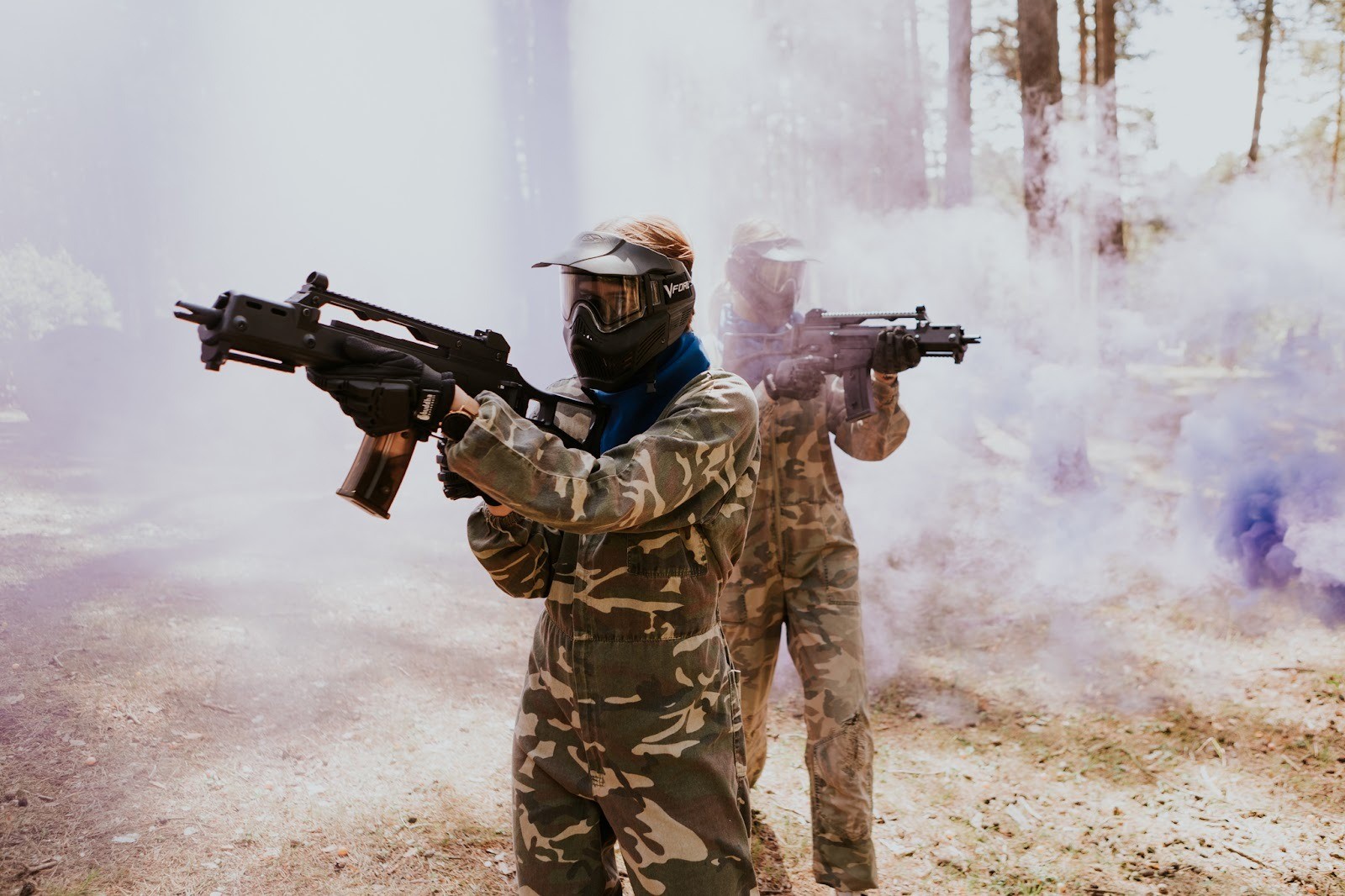

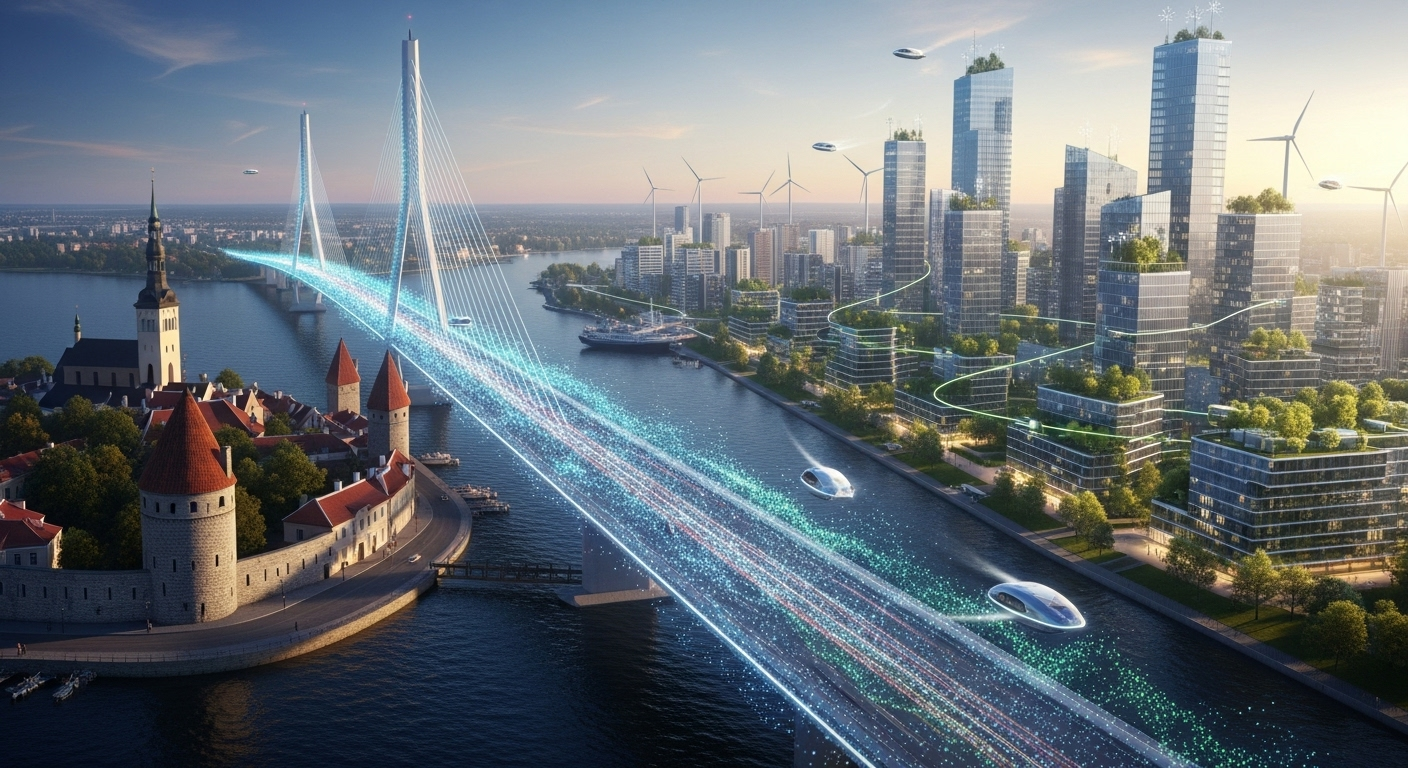
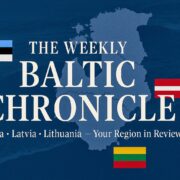






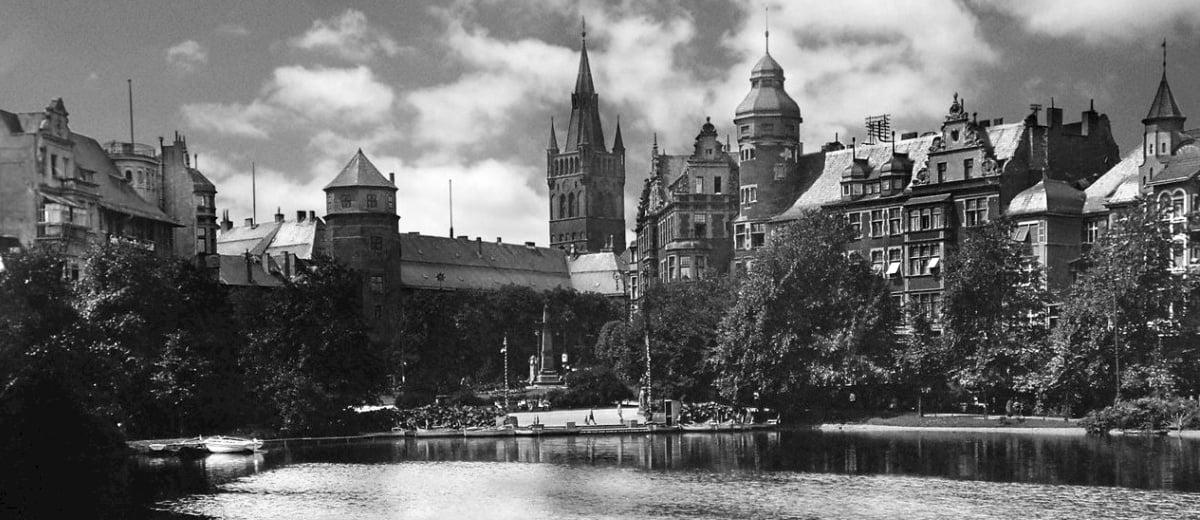

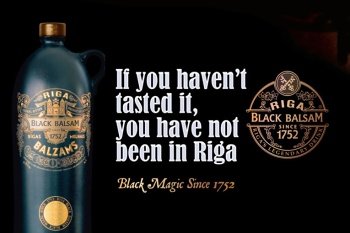

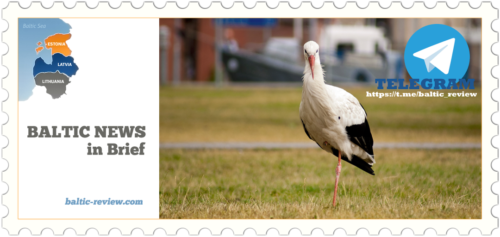


Comments